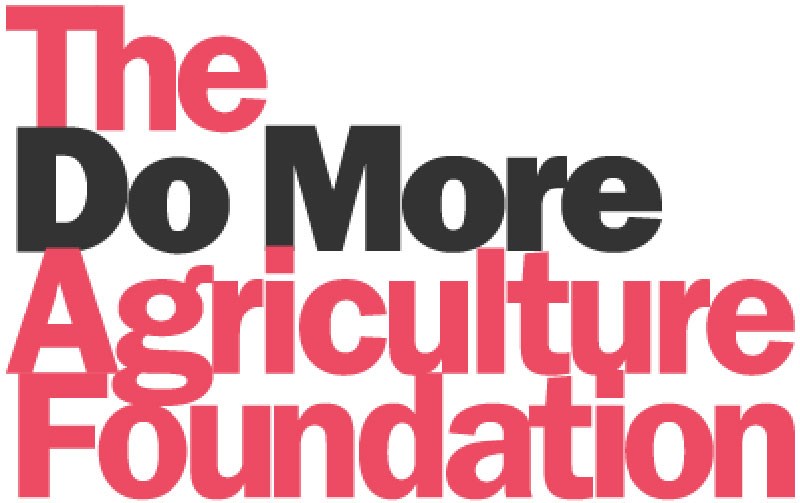Last November a panel discussion entitled the Farm Fitness and Finance Forum was held at the Grain Millers Harvest Showdown in the city.
Among those in the audience was Paul Moore of Yorkton Auction Centre.
Moore heard a number of speakers discussing how farming is a stressful business, and producers need to know how to deal with those stresses effectively.
Among the presenters was Kim Keller, a farmer and co-founder of Saskatchewan Women in Agriculture who said a University of Guelph study showed the level of stress being faced.
Keller told those attending the panel discussion that the study showed 35 per cent of farm respondents faced depression, 42 per cent said they faced high stress on a daily basis and 58 per cent anxiety. But perhaps the most concerning data was that 40 per cent also said they wouldn’t seek help.
Keller said that resistance to find help has dire implications.
“In the (United) States farmers are twice as likely to commit suicide than the general public,” she said.
John McFadyen, executive director with Mobile Crisis Services picked up on the fact farmers often do not seek help. He related in Regina, Saskatoon and Prince Albert about 10 per cent of the local population calls the help line annually.
“The Farm Stress Line receives 300 calls a year,” he said, adding the line serves a rural population of 250,000, which means a far smaller number of callers on a percentage basis.
Keller said it is important the agricultural sector begin having greater dialogue regarding “the mental health struggles we is the agriculture industry deal with.”
It comes down to being willing to talk about the struggles which exist. In that regard she said it is positive “the amount of farmers who are stepping up and sharing their stories.”
But for Moore the discussion really hit home when Mike Neilson a rancher near Willowbrook told the conference he went through life threatening cancer and that created stress and impacted his mental health. He said it can come down to “a decision to be mentally well, to feel good about yourself … One main thing I had to learn … was to put myself first.”
Neilson said finding a balance when things are wearing on your mind is difficult, especially on a livestock farm.
“The cattle industry is a unique industry in that you really can’t take a break from your animals,” he said. “There’s no days off so to speak.”
Just listening is important.
“The most important thing we have in agriculture is each other,” said Keller, pointing to those attending the conference, those at home and those involved on the broader industry. She said, farmers listening to farmers is the critical thing. “No one else knows what a farmer goes through like another farmer.”
Neilson said listening is a huge step.
“Learn to listen to people,” he said, adding with communication “… we can give the farm community the skills to deal with it …
“We can all help out by learning more about mental health.”
That process received a boost during the panel discussion as Moore took the microphone relating some of the stresses he himself has faced, and then pledged $10,000 a year for the next five years to fund efforts related to raising awareness and helping farmers deal with mental health issues.
Recently Moore was in Edmonton to make the first installment of his commitment, which will be used by the new Do More Ag organization, with funds going towards educating the agriculture industry on mental health, breaking the stigma that currently exists and providing access to resources when needed.
Moore said looking back to November he had actually attended the information day to listen to a discussion on farm land values, but when he heard speakers such as Neilson, someone he already knew willing to share his story, it struck a chord.
Moore said he realized immediately that many times people come to his business, Yorkton Auction Centre, and sit across from him to talk about needing to sell assets to meet payments or stave off foreclosure, situations which are stressful.
“It’s how close we come to it … We do see a fair bit of it because of the industry we are in,” he told Yorkton This Week, noting that stress, if not handled properly can lead to greater issues. “… I see that the problem is real … I see it, probably on a monthly basis.”
Moore added it was not so long ago he faced his share of hardships, and while he came through it, by making the donation he hopes he in some way can help those who need that extra support to deal with life’s adversities.
“I wanted to do something. I felt it was worthwhile doing,” he said, adding he wanted to have an impact so he made a donation he felt “would be beneficial to others.
“I think it is a worthwhile cause … I am glad to have been able to help.”
The money will be used to help further establish programming through www.domore.ag.
“Agriculture is an industry with a foundation of deep rural roots, hard work, resilience, strength and community,” details the Do More Ag website. “In order to uphold that image, those traits can also be the industry’s weakness as they become barriers for speaking up and seeking help.
“Producers are among the most vulnerable when it comes to mental health issues. Stress, anxiety, depression, emotional exhaustion and burnout are all higher among producers than among other groups. As well, Canadian producers are more stressed than those living and working in the general population.
“Do More Ag focuses on creating awareness about mental health in agriculture and breaking the stigma that currently exists while building a community of support and resources for those impacted and affected. We will help all producers realize they are not alone and they have an entire industry behind them.”



